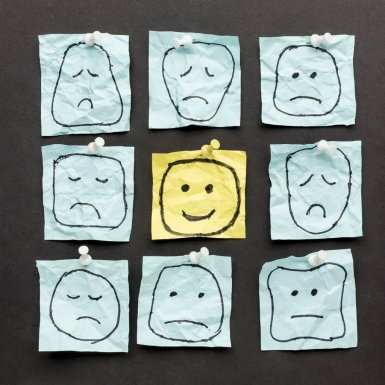The authorities of European countries introduced a number of bans in 2023, which caused a mixed reaction from tourists. Some of these bans were aimed at protecting the environment, others at improving the quality of life of local residents, writes atorus.ru.
However, there were also rules that attracted public attention thanks to the non-standard approach of their creators.
Ban on towels on Sardinian beaches
Authorities on the Italian island of Sardinia have banned tourists from bringing towels to the beach. This is because tourists take sand with them when they remove their towels from the beach. Only sun mats can now be brought to Pelosa Beach on the island's west coast.
On the famous pink beach of Spiaggia Rosa in Italy, tourists face a fine of 3 500 euros for stealing sand.
Fine for loud music on the beach in Portugal
Portugal's National Maritime Authority (AMN) has introduced a ban on loud music on beaches. The fine for violating this ban is 36 thousand euros. In addition, the AMN prohibited ball games outside designated areas, tents outside campsites, and bonfires on beaches.
Selfie fine in Portofino
In the Italian town of Portofino, tourists face a fine of €270 for taking too long to photograph. This decision was made due to the fact that tourists often blocked passages and interfered with the movement of cars. Now on the Portofino embankment there are “no waiting” zones, where from 10:30 am to 6:00 pm you can take a photo, but you must leave immediately.
Fence from photographers in the Austrian city of Hallstatt
In the Austrian town of Hallstatt, which inspired the movie Frozen, locals have built a fence to block the best views from tourists. However, the barrier was demolished due to complaints on social networks.
False warning signs on Mallorca beaches
On the beaches of the Spanish island of Mallorca, activists have installed fake warning signs in English to scare away tourists. Signs warned of dangerous jellyfish, falling rocks, polluted seawater, beach closures, or gave incorrect directions about the distance to the beach. Only notes in Catalan told residents that the information above was not true.













